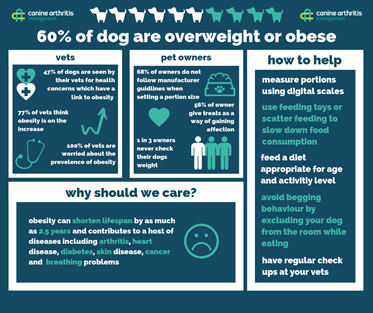Let’s talk obesity! It is a huge issue in horse and dog welfare in the UK. Being overweight puts huge strain on the body systems, particularly the joints and can predispose to conditions such as osteoarthritis.
Body condition scoring can be a great way to monitor your animal’s weight. Weigh tapes are not accurate as every horse’s shape is different (and they often UNDER estimate)! We also have short sugary grass in the UK, and long meadow grass or bark paddocks with hay spreading are better ways to keep weight down than short grass paddocks; however I am not a nutritionist, so speak to a good nutritionist if your horse is overweight for help (many feed companies offer free advice also). A horse should always be moving and grazing, starving is also not a good method because of this, and movement is also key for the musculoskeletal system!
Obesity needs to be addressed and understanding a horse’s “natural’ lifestyle and how movement plays a role can help us understand this. Horses are “trickle feeders” and travel for miles a day grazing. Interestingly similar issues with captive elephants have been found, that elephants in zoos who do not move much compared to their large ranges in the wild still suffer osteoarthritis even when weight is managed compared to hard work timber elephants! Therefore it is not all about keeping weight down, but management as a whole and how the 2 go together.
Laminitis however is the devil’s advocate who needs movement to be reduced to prevent pedal bone rotation, therefore management to prevent obesity in the first place and encourage blood flood and movement is key.
Speak to a vet/nutritionist re how to effectively manage your horse’s weight!

